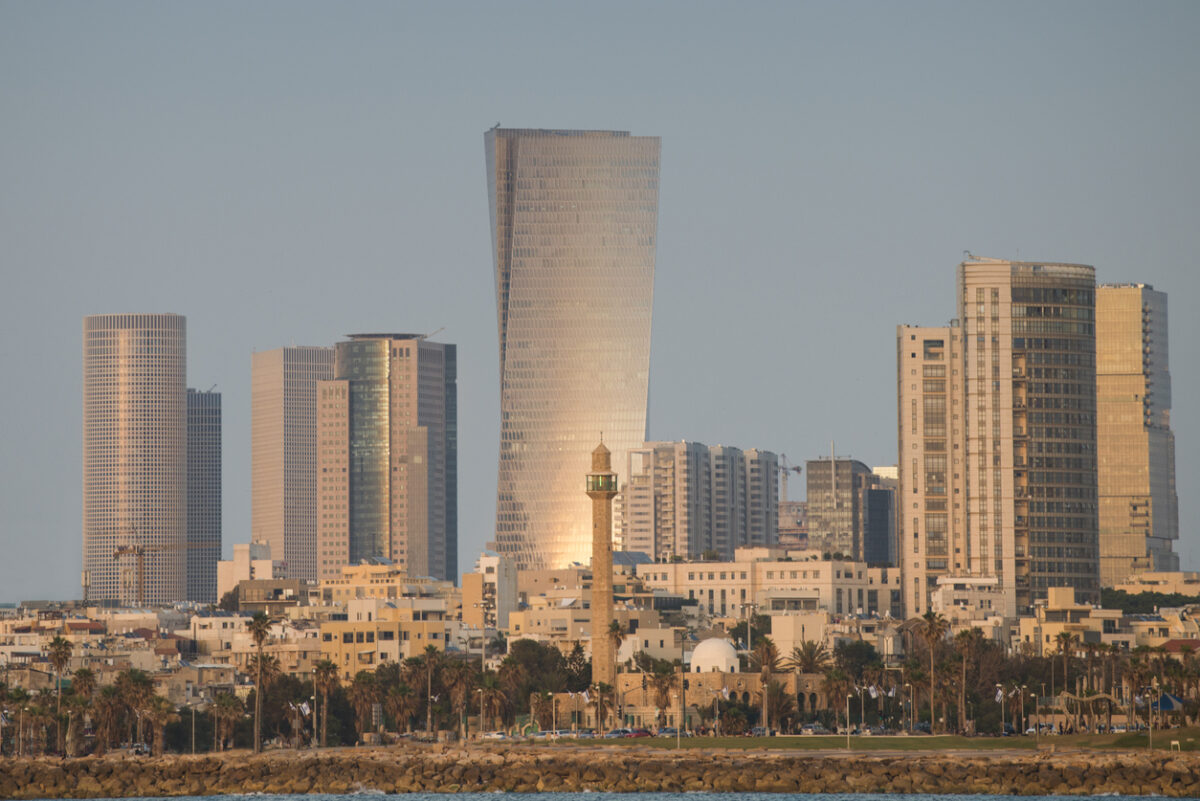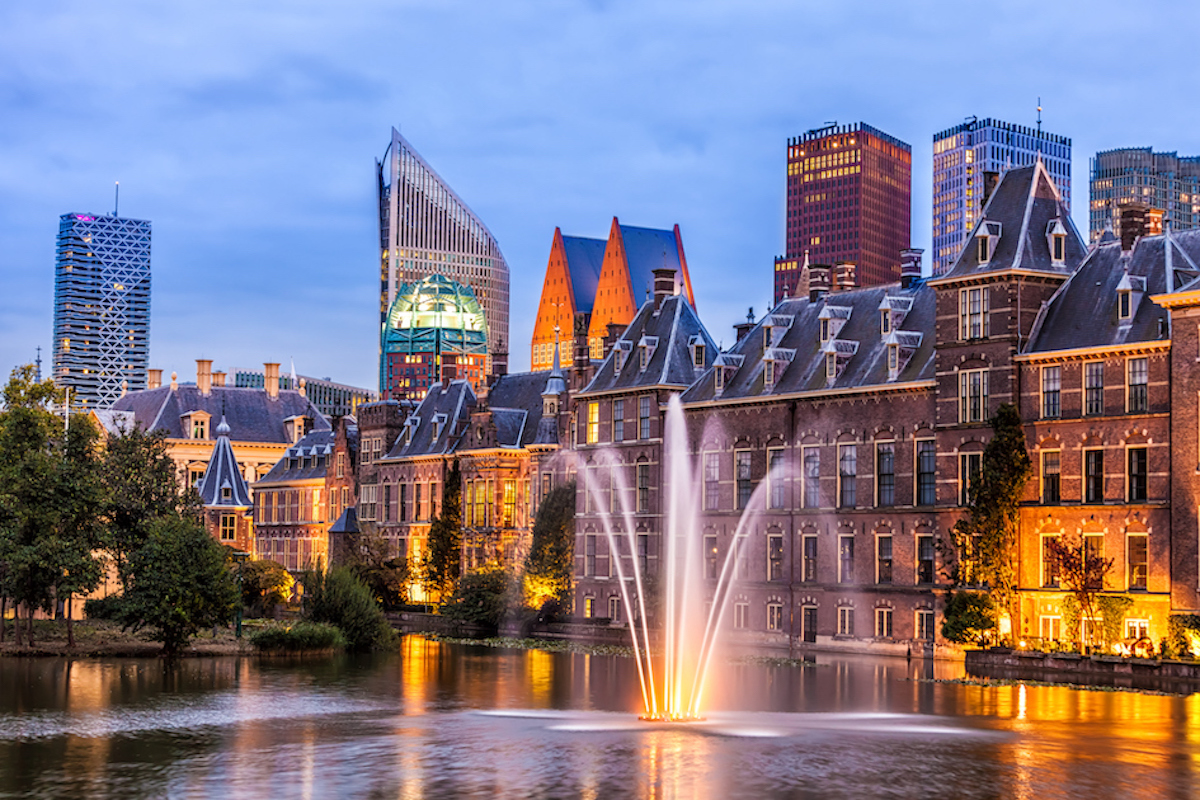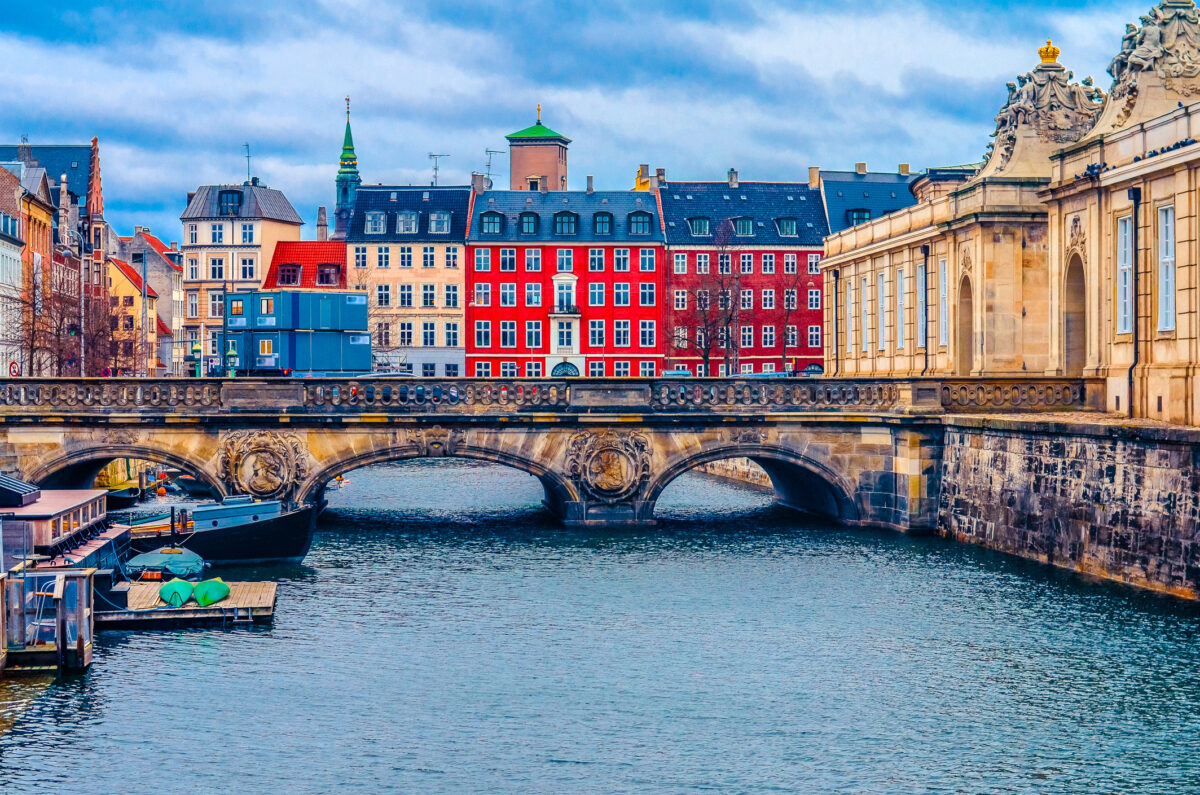Sweden’s foodtech ecosystem: Foodtech Big Meet takes place 1 – 2 June in Stockholm

The Sweden Foodtech Big Meet is an annual ‘un’ conference where the best foodtech companies, entrepreneurs, scientists and athletes from all over the world come together to discuss the present and the future of the global food system.
The event held in Stockholm on 1-2 June as part of Good Food Week is packed with talks, panels and a pitching sessions, where start-ups can pitch to investors.
Speakers this year include Robert E. Jones from Mosa Meat, Julia Schalk, WaterAid Sweden, Professor Henrik Lagerlund, Stockholm University, and Shilei Zang, Solar Foods.
Johan Jorgensen, Founder, Sweden Foodtech and the Good Food Week, discusses Sweden’s foodtech ecosystem and The Sweden Foodtech Big Meet.
Over the last few years Stockholm has emerged as an international hub for the next gen food system, much to the surprise of the world. At the core of that sits a conscious ecosystem-building and a growing realisation that the food sector is open for all to engage with, not just the current food system players.
There is often a lot of confusion around ecosystems. Just because there are a number of players in a sector, it doesn’t meant that they automatically work within the same ecosystem. For an ecosystem to be such, those involved need to know each other and work towards the same goals through co-ordinated activities.
Without an ecosystem, it is really hard to make use of all the emerging opportunities in a rapidly changing environment, where new players emerge daily and where activism and policymaking are essential parts.
Needless to say, the ecosystem changes when new players enter, and along with them new driving forces. And so do the goals and activities. This process can be rapid. While ecosystems often are vastly overlooked components of building rapid change, they are, in fact, the glue that connects the dots and make things move forward.
The building blocks of the Swedish food ecosystem have changed tremendously over the last few years and with the growing realisation that food sits at the core of the dual global climate and health crises, we now see new companies emerge, such as Oatly.
Many of these new players do not come from the traditional food value chain but have emerged from the realisation that food is not just what’s on the plate, but also has implications and impact. Implications and impact need to be measured and acted upon. This realisation opens up the world of food to a broad range of players, not the least the tech and health sectors, strong core industries in Stockholm and Sweden.
Science is of enormous importance and it’s an underpinning factor of the future food system. People play an important role too: chefs as interpreters of the biodiversity we need to strive for, policymakers setting the framework, activists galvanising the public and, of course, the public itself. In short, we go from a food value chain to a food value system, something the ecosystem needs to reflect in its operations.
This influx of new players – often part of other ecosystems – adds even more layers to the functioning of the food ecosystem since they bring their own culture, language, strategic insights, goals and ways of operating. This means that the ecosystem-building needs to become more deliberate and involve actively understanding and respecting these newcomers and their driving forces. Rightly handled this process has the potential to unleash massive innovation and value-building for all involved, not just a selected few.
Now comes the tricky part. Whose job is it to take leadership of this ecosystem and grease the cogs, so that the ‘Good Food Machine’ turns and produces the next gen food system?
At Sweden Foodtech we have set out to build the world’s best breeding ground for the next gen food system.
If you sit at the core of the greatest transformation of the largest sector on planet earth in its earliest days, you cannot be too sure about your business model. I write this to encourage all of you out there who are potential ecosystem organisers, but fail to see a clear-cut business, in taking on the role. It is messy to build ecosystems and it can take time, but you will sit at the core of a lot of value-building. Or, as the Americans sometimes say: ‘Money follows ministry’.
Now, how did we build Stockholm and Sweden into what is emerging as one of the world’s most relevant development hubs for the next gen food system? First of all, we didn’t do it alone. The food tech sector in Sweden is tightly knit and in a country where large food companies are rather absent, there was a realisation that we can make a meaningful impact by banding together. So we did.
The ‘Stockholm Logic’ – an almost religious focus on health and sustainability, forward-looking, conscious and considerate consumers, an amazing tech sector, strong financial players, progressive policy-makers, a modern and international business life, all packaged in Europe’s fastest growing major city, all help. This is then combined with Sweden’s positive, good-natured, open, society-building DNA that has been so instrumental in taking the Nordics from global backwaters to leading societies in a historically short period of time.
Despite these positive starting points, there are downsides too. Sweden lacks in leading scientific food institutions such as Wageningen University in the Netherlands, California’s UC Davis, Big Food and their research capabilities, or a strong food culture or even food production itself. Sweden is about 50% self-sufficient when it comes to food production: in the world of food we’re nothing.
I say this to point out that we all have our respective vantage points from which we can tackle the massive change-potential of the global food system. You make do with what you have, and you do that based on your strengths and by rallying everyone around a common goal.
For us it has been about Good Food – a healthy and sustainable food system with good tasting food, where the often overlooked public – the conscious and progressive citizens – sit at the core. I stress system because that’s where the magic happens. Unless the system itself changes little will happen (and does the food system need to change or what?), but when the system does change, massive opportunities open up.
System change and society-building we’re good at in Sweden, home of the welfare state. The rest is just about having everybody realise their potential in this new system. That’s what proper ecosystems do.
This means that everyone can figure out what a rapidly changing food system means for them and realise that virtually every process in society is touched by food.
Such realisations can then be turned into forward-leaning actions, powered by co-creation and co-operation, cross-industries towards a fast-improving next gen food system with the world as the target market. The next gen food system innovations and solutions are, after all, not local, but global in nature.
The public sector also needs to engage with these changes, that’s why we are especially proud of the fact that the city of Stockholm, led by its dynamic mayor Anna König Jerlmyr, has designated itself as a Good Food City; not one that already is but rather an aspiration to lead and to continuously improve. This is serious pull-power and one that can be recommended to every other city out there. You need to take the lead and do that together with the ecosystem organisers!
This is also the very foundation of our joint project the Good Food Week, a global gathering of business, science, society, chefs and the public around the next gen food system.
On 1-6 June, 2022 we will gather everyone in and around the Kungsträdgården park (the Kings Garden, right next to the Royal palace) in central Stockholm for a week filled with public events, summits and deep dives around the next gen food system.
We’re lucky enough to have one of the world’s largest food festivals as the core of this week. Before Covid hit,the Good Food Week attracted 350,000 people. This means we can do some serious public outreach, including placing the Sweden Food Tech Big Meet conference in the middle of the food festival, opening it to everybody.
Being the facilitators of not just the Swedish next gen food system, but organising the ecosystem of ecosystems from everywhere will – hopefully – enable all players to benefit from a strong common denominator and a joint direction towards a planet where food production creates sustainability and improves global health.
Trying to prove and improve the value of the ecosystem is our contribution. Our hope is that everyone can get inspired, find their ecosystem in order to create local platforms for change. Come and meet us at the Good Food Week in Stockholm, 1-2 June, when spring has arrived and the gloomy winter can be forgotten. Together.
For more information and to attend Sweden Foodtech Big Meet click here.
Johan Jorgensen
Founder, Sweden Foodtech and the Good Food Week






